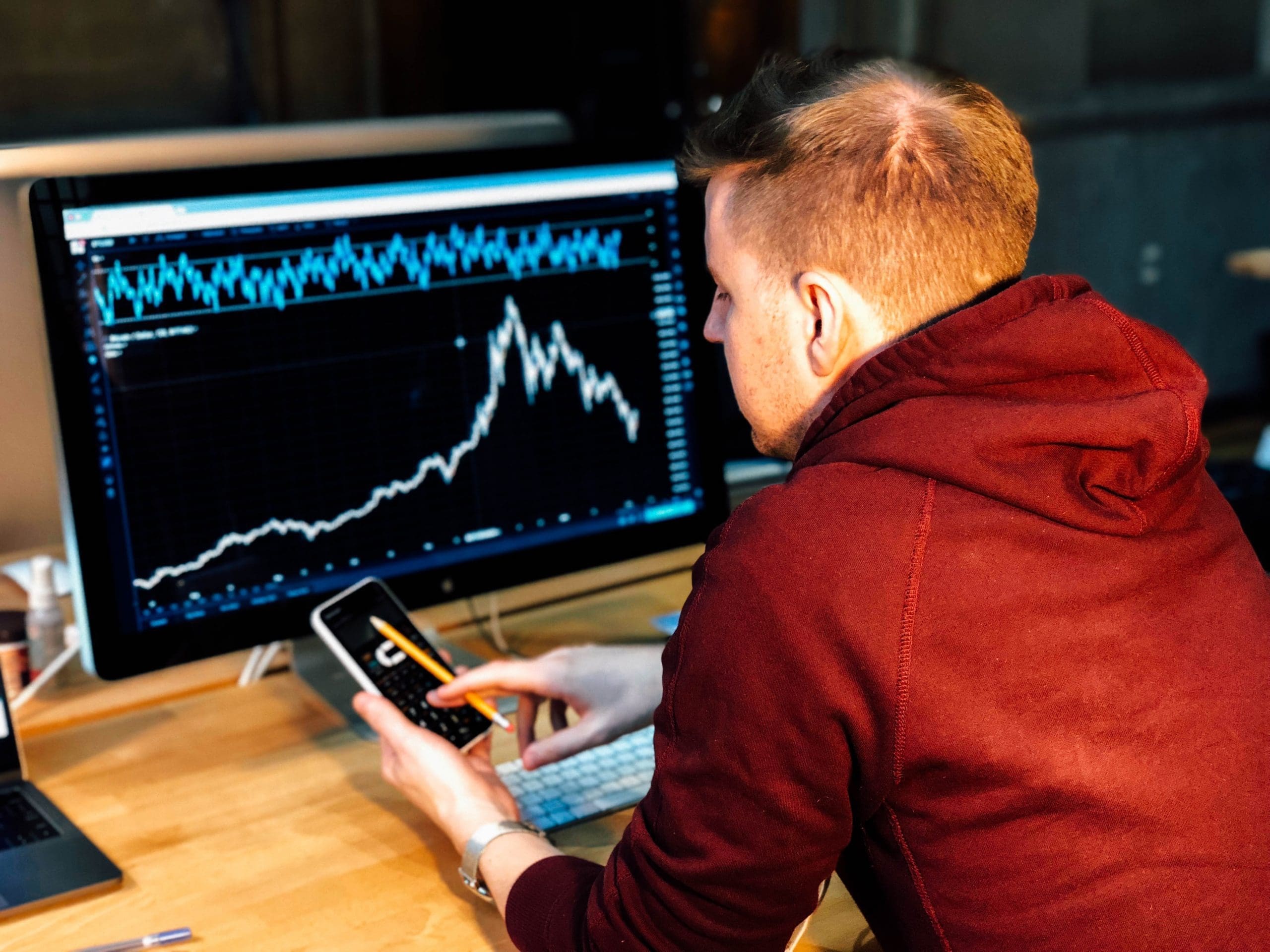
On the off chance that you are an apprentice trader, you have to comprehend a lot about the stock market and its nuts and bolts. For whatever length of time that you are available to learning, you will discover a great deal of intriguing data about the trading mechanism. Out of many such mechanisms and concepts, one of the most well-known disarrays is what to choose, intraday trading or delivery trading.
Choosing the kind of trade you want to participate in is not easy. There a lot of facts you need to consider like, how these trading strategies contrast, what sort of trading suits you, what is your risk appetite, return on investment desires, holding period – a great deal goes into it.
In this article, we will try to compare intraday trading and delivery trading. But in order to understand the difference between intraday trading and delivery trading, we first need to understand the meaning of these terms.
What is Intraday Trading?
Intraday trading is one of the most complex trading methods in the stock market. As the name implies, intraday trading is the process of buying and selling of stocks and securities on the same day until the closing bell of the stock exchange. In case an individual forgets to sell the position or buy, the trades are conducted on its own during the closing hours. In this case, the stocks and securities are not purchased with the intention of investment. Instead, it is done with the intention of making profits by taking advantage of the frequent price fluctuations in the stock market throughout the day. To become an intraday trader, you simply need to have an active trading account.
What is Delivery Trading?
Delivery Trading implies when the stocks that are brought by the traders are purchased for the long haul viewpoint and are added to the Demat account. The shares that are owned by the traders are not directly sold by the system like intraday trading but are sold when the traders want to sell it. They can keep it in their possession for days, weeks, months or years.
Key differences between intraday & delivery trading:
- Analytical approach: Delivery trade requires a deep analysis of the shares and their companies. As the shares are owned for a long time, the financial statements, profits, business decisions of the company, etc all influence purchase decisions. Whereas in day trade, the trader uses technical analysis to make instant decisions about buying or selling.
- Time factor: Delivery trade can stretch out throughout the years at times. There is no maximum time limit before which you have to sell the shares. In day trade you should sell the share you buy or buy the shares you sell and square off your position without any carry forward.
- Ownership: Delivery traders instantly obtain the possession of shares on purchase whereas day traders do not have any ownership at the time of trading, as they profit from demand and supply differences and not the true share value.
- Brokerage: Generally delivery trades have higher brokerage fees rates than day trading. Whereas, day traders usually enjoy free intraday facilities by paying a minimum annual subscription.
- Price movement: Delivery trade takes into consideration the long term price movement of the shares while intraday trade takes into account short term value vacillations.
- Technical indicators: All brokerage firms conduct their research and offer certain technical indicators for easy analysis. Never miss to thoroughly follow them as they give dependable suggestions about whether to take a stock forward or not.
Conclusion:
Which option is better, intraday trading, or delivery trading? The answer for picking between these two is an individual choice and relies upon the person’s risk aptitude, their capital investment, and their risk per trade. Everything ought to be pre-decided and only then the person can pick his methodology. Just keep in mind that any type of trading is nothing but the path to securing your future. Let it not be determined by gluttony for profits, but guided by healthy returns.

Be the first to comment